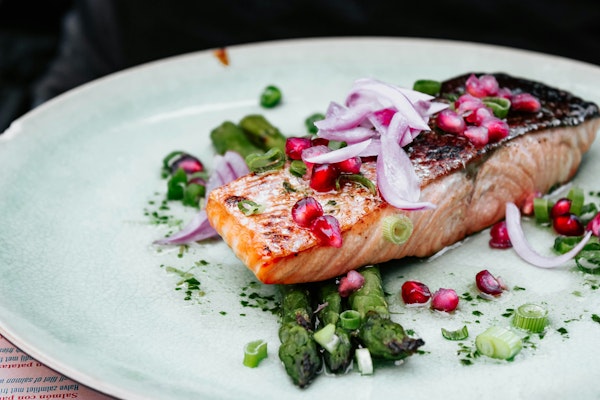
Mississippi Restaurant Fined $1.5M for Seafood Mislabeling Scheme
A Gulf Coast restaurant and co-owner face penalties after years of selling mislabeled imported seafood as premium local fish, defrauding customers and the seafood industry.
November 20, 2024
Fraud
Legislation & Regulation
Liability
Risk Management
Mississippi
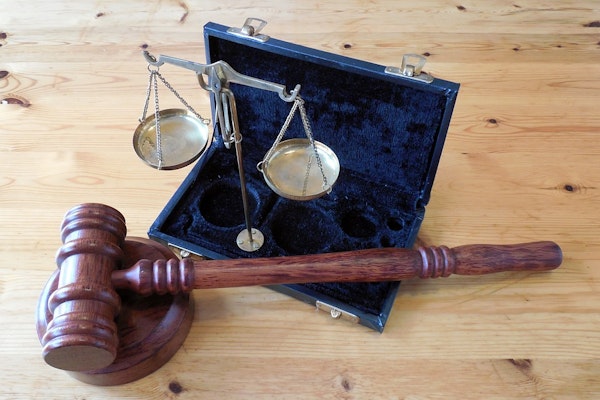
Can Crime Victims Access a Convict’s Workers’ Compensation Settlement Under the Son of Sam Law?
A New York court ruled that workers’ compensation settlement funds are not exempt under the Son of Sam Law, allowing crime victims to seek recovery even if the funds were obtained before conviction.
November 18, 2024
Legislation & Regulation
Liability
Litigation
Workers' Compensation
New York

North Carolina Insurance Agent Faces Charges for Forgery and Embezzlement
A North Carolina insurance agent faces embezzlement charges after allegedly taking premiums without securing policies, following a history of regulatory penalties and surrendered licenses.
November 14, 2024
Fraud
Insurance Industry
Legislation & Regulation
Liability
North Carolina
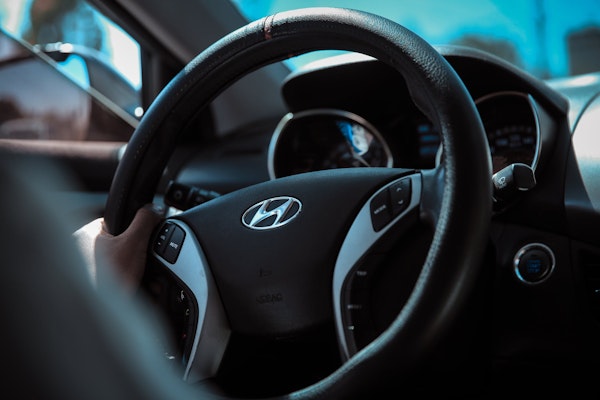
Allstate Seeks Repayment from Hyundai, Kia Over Vehicle Fire Claims
Allstate and subsidiaries are suing Hyundai and Kia, claiming the automakers failed to address known fire risks in certain vehicles, resulting in insurance payouts for damages related to vehicle fires.
November 14, 2024
Auto
Liability
Litigation
Subrogation
California

California Court Reverses Verdict in Asbestos Exposure Case, Allows Sophisticated User Defense
An appellate court in California reversed a significant asbestos exposure verdict, allowing a sophisticated user defense, and remanded the case to address unresolved allocation of fault and offset issues, providing guidance on future damage recovery for the plaintiff’s loss of consortium.
November 11, 2024
Legislation & Regulation
Liability
Litigation
Workers' Compensation
California

Danone Wins Dismissal of U.S. Lawsuit Over ‘Natural’ Label on Evian Spring Water
A federal judge dismissed a lawsuit accusing Danone of misleading consumers with Evian’s ‘natural’ label, despite claims that plastic micro-particles seep into the water from its packaging. The ruling cited FDA guidelines that focus on the water’s source, not microplastic content.
November 7, 2024
Insurance Industry
Legislation & Regulation
Liability
Litigation
Illinois
New York
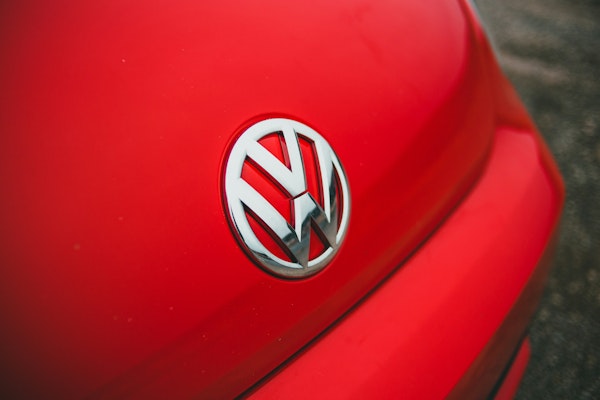
Volkswagen to Recall 114,000 U.S. Vehicles Over Airbag Explosion Hazard
Volkswagen is recalling over 114,000 Beetle and Passat vehicles across the U.S. due to a defect that may cause driver-side airbags to explode. The NHTSA cites long-term exposure to heat and humidity as a risk factor.
November 7, 2024
Auto
Legislation & Regulation
Liability
Risk Management
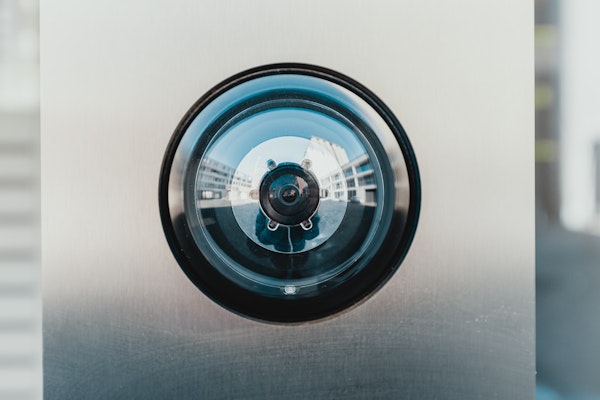
Innovative AI Solution Takes Aim at Gun Violence Prevention
ZeroEyes, a tech company backed by The Institutes’ Predict & Prevent podcast, has developed AI-powered gun detection technology that combines human verification to curb gun violence. Through partnerships with schools and businesses, this system aims to protect communities, delivering alerts and minimizing bias by focusing solely on weapon detection.
November 5, 2024
Education & Training
Insurance Industry
Liability
Risk Management
Technology

Parametric Reputation Risk Insurance Expands to Cover "Metaphorical" Catastrophes
The 4-M parametric model, widely used for natural disaster insurance, is now being adapted to cover reputation risks, allowing businesses to mitigate financial impacts from reputational crises as effectively as from physical catastrophes.
October 30, 2024
Insurance Industry
Liability
Risk Management
Technology
Colorado

Worker’s Compensation Approved for Employee Injured While Intoxicated on the Job
A New York appellate court upheld workers’ compensation benefits for an intoxicated employee who fell from a ladder, ruling that intoxication was not the sole cause of the accident.
October 21, 2024
Liability
Litigation
Risk Management
Workers' Compensation
New York
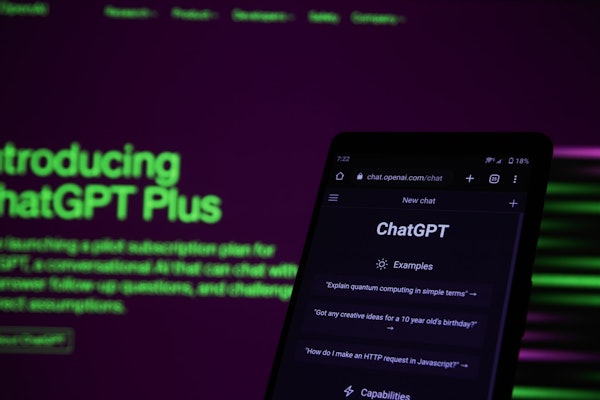
AI in Advertising Raises Liability Concerns as Generative Technology Expands
As AI’s influence in advertising grows, both large and small businesses face new liability risks, especially in relation to Commercial General Liability policies. Insurers must prepare for emerging challenges, including chatbot misuse and privacy breaches.
October 17, 2024
Legislation & Regulation
Liability
Risk Management
Technology
California

Federal Court Ruling Clarifies Employer Liability for Social Media Harassment
A 2024 federal appeals court ruling clarifies that employers can be held liable for harassment originating from personal social media posts that affect the workplace, emphasizing the need for clear guidelines.
October 11, 2024
Legislation & Regulation
Liability
Litigation
Risk Management

Citi Field Faces Class Action Over Alleged Illegal Use of Facial Recognition Technology
A proposed class action accuses Sterling Mets, L.P., the company behind Citi Field, of illegally collecting and sharing visitors’ biometric data using facial recognition technology, violating New York City’s biometrics law.
October 11, 2024
Legislation & Regulation
Liability
Litigation
Technology
New York

Limp Bizkit Sues Universal Music for $200 Million Over Alleged Unpaid Royalties
Fred Durst and Limp Bizkit have filed a lawsuit against Universal Music, seeking $200 million in unpaid royalties and the return of their copyrights, alleging the label systematically withheld payments owed to the band.
October 9, 2024
Insurance Industry
Liability
Litigation
Technology
California
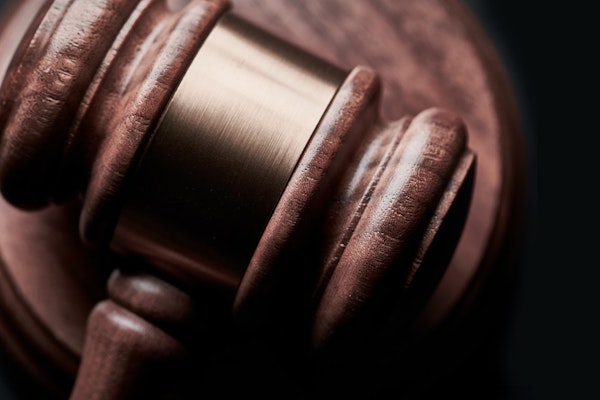
Nevada Supreme Court Extends Law of the Case Doctrine to District Courts
In a significant shift, the Nevada Supreme Court has applied the law of the case doctrine to district courts, potentially complicating matters for clients approaching trial as rulings may become harder to overturn.
October 7, 2024
Legislation & Regulation
Liability
Litigation
Risk Management
Nevada





